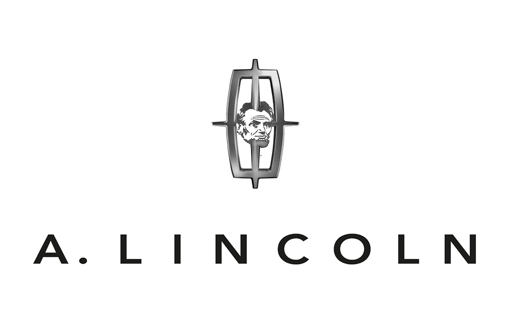What a Lincoln and A. Lincoln have in common

Presidents and Companies as Challengers and Leaders.
Successful presidential candidates and innovative fast-growth companies have lot in common. Both must succeed first as challengers and ultimately as leaders. This is as rare a trick among companies as it is among politicians.
I’ve spent the better part of my career working closely with leaders of innovative, fast-growing mid-sized companies. I’ve coined a term for these leaders and their companies – I call them “Cheetahs.” Cheetahs out-challenge, out-pace and ultimately out-lead their competition. They do this through a process of brand-driven growth.
Brand is a much-abused word, mostly by overuse. To some it means merely a name. To others, it embraces a product’s visual identity as well. To still others, brand denotes the dollar value of the corporate reputation. My definition is a simple one.
To me, your brand is the emotional idea that people have of you.
So brand isn’t something that exists in here and can be managed directly. You can’t change it in a logo or ad or website. Brand is something that exists out there and can only be managed indirectly. It can be influenced.
Perhaps paradoxically, brand perception is ultimately most influenced by the things that are most consistent in an organization. Its reason for being. Its mission in the world. Its why. Yet companies suffer from the same sort of conflicts, integrity lapses and failures of nerve that politicians often do. They are often confused about their own brands. By which I mean not what they say they stand for, not what their mission statement or brand strategy or positioning document says. But what they truly do stand for by virtue of the experience they deliver over time.
When the ideas, enthusiasms, values, efforts, markets, products and experiences are aligned, something extraordinary happens. The experience the company delivers shatters the foundations of expectation that had well supported the competition. Like successful candidates, they teach people to expect something different. They face and overcome challenges and they lead. In this way, successful challengers often lead the ideas and expectations of their categories long before they become the vote or market share leader.
So, this election season is a boon. If you are working on building a business or a brand, you can learn a lot from watching the candidates. If you’re part of building or leading a political campaign, you can learn a lot by studying the successes of the brands and businesses you admire.
At last, perhaps, this is something about which we can all agree.

